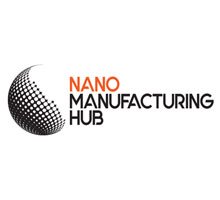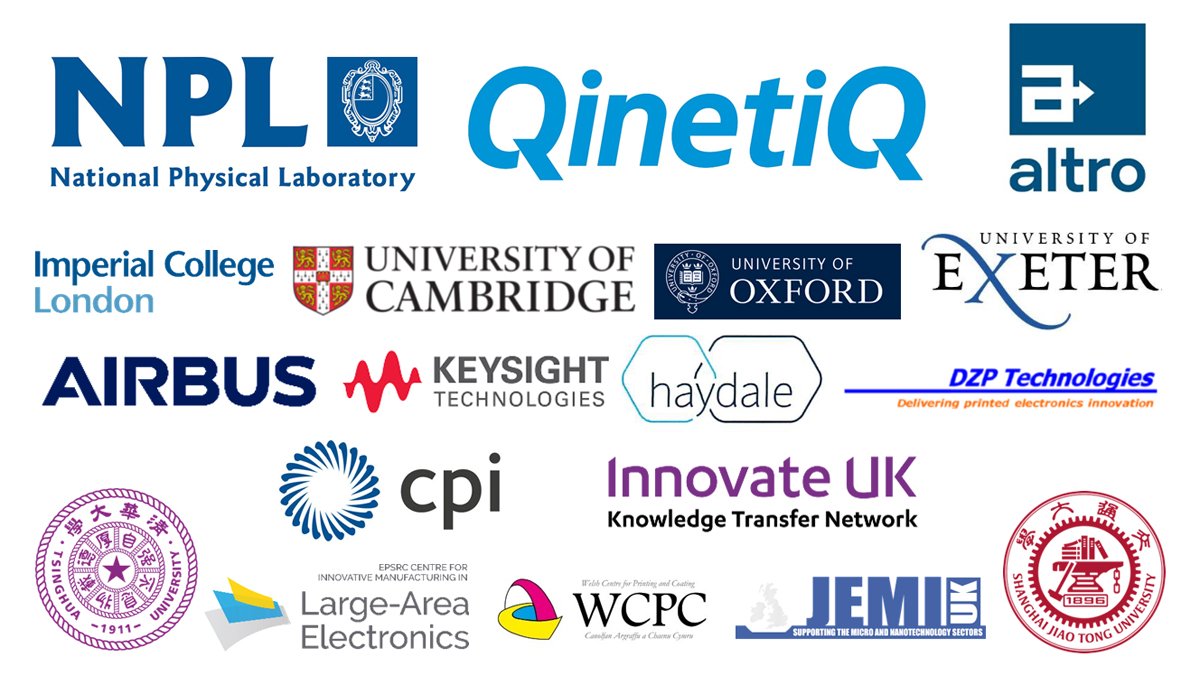

Nanomanufacturing Hub
We want to purchase a nanomanufacturing research tool that will enable us to pull together the strongest possible team of users, designers and engineers to work as a team to produce multi-functional novel devices and systems via innovative fabrication research.
Overview
The Internet is expanding beyond the traditional computing and communications devices that we use daily to include any physical object in our environment. This expansion is known as the 'internet of things'.
Next generation mobile communications networks will allow sensors attached to any object to share information about its local environment over the internet. With large numbers of sensors in place, they enable a detailed understanding of our environment, which allows better monitoring and new types of control for higher living standards.
The 'internet of things' will have a revolutionary role in defining next generation engineering and services. The key technical challenge is to be able to fabricate devices at small enough geometry, in a highly repeatable manner, over very large areas, using inexpensive processing, and can be scaled-up without losing the performance advantages in the fabrication of the device systems.
Our mission
Our objective is to position the United Kingdom in a leadership position to define this future. The main tool will help develop a nano-fabrication capability, which provides an inexpensive, high throughput, high-performance platform integrating sensors, actuators, communication, energy capture and storage functions with low power circuits.
The platform will enable the design and prototyping a large variety of devices and sensors. Our project partners and supporters will employ these new scale-up capabilities to design, develop, and manufacture sensors for smart homes, vehicles, wearables, hospitals, and cities.
The e-Stamps, fabricated using the Nano-OPS tool, will be enabled by nano-scale device features that will open a new era in flexible electronic backplanes, while being maximally energy efficient. These functions will be augmented by smart material interfaces that enable quasi-passive systems, including the challenge of harvesting and storing the energy to allow long-term autonomous operation.
A closely coupled team of researchers who can cover the range of materials science, device design and physics, device fabrication, characterisation, testing, and system integration are working together to enable these goals. The Hub will support small and medium sized enterprises through the lower technology readiness levels that require more research input and experience. We will help identify and mitigate risks through small-scale device fabrication, providing a more rapid prototyping route and will help define strategies to pull through to pilot scale.
Nanomanufacturing facility
A state of the art £4 million nanomanufacturing facility was opened that will help produce electronics for future smart consumer and industrial products.
The Engineering and Physical Sciences Research Council (EPSRC) was awarded £1.6 million to the Advanced Technology Institute (ATI) and the 5G/6G Innovation Centre (5G/6GIC) at the University of Surrey to establish a hub that will make the manufacturing of smart materials and self-powered electronics a reality in the UK.
The £4.2 million project, supported by 32 partner organisations, was co-developed with QinetiQ and the National Physical Laboratory (NPL).
The technical core of the hub will be represented by the innovative NanoOPS printer, designed by Northeastern University, that will give the hub the ability to produce plastic nanoscale electronics suitable for devices such as wearable sensors, electronic tags, and various wireless technologies. The NanoOPS printer removes the bottleneck in high-throughput and reliable nano-fabrication manufacturing.
Using these facilities, the hub and its partners will be able to reduce, by a factor of ten, the cost of manufacturing plastic electronics, supporting the development of 'internet of things' devices for smart-homes, smart-cities, and smart factories.
Find an expert
The Nanomanufacturing Hub was established with the purpose of fostering new collaborative developments in nanoscience and nanotechnology, from materials and characterisation, to devices and applications. Whatever your interest, please get in touch with us at atiadmin@surrey.ac.uk.

Professor Ravi Silva
Distinguished Professor, Interim Director - Institute for Sustainability (IfS), Director - Advanced Technology Institute (ATI) and Head of NanoElectronics Centre

Professor Rahim Tafazolli
Head of the Institute for Communication Systems (ICS)

Dr Radu Sporea
Associate Professor in Semiconductor Devices
Principal supporters

